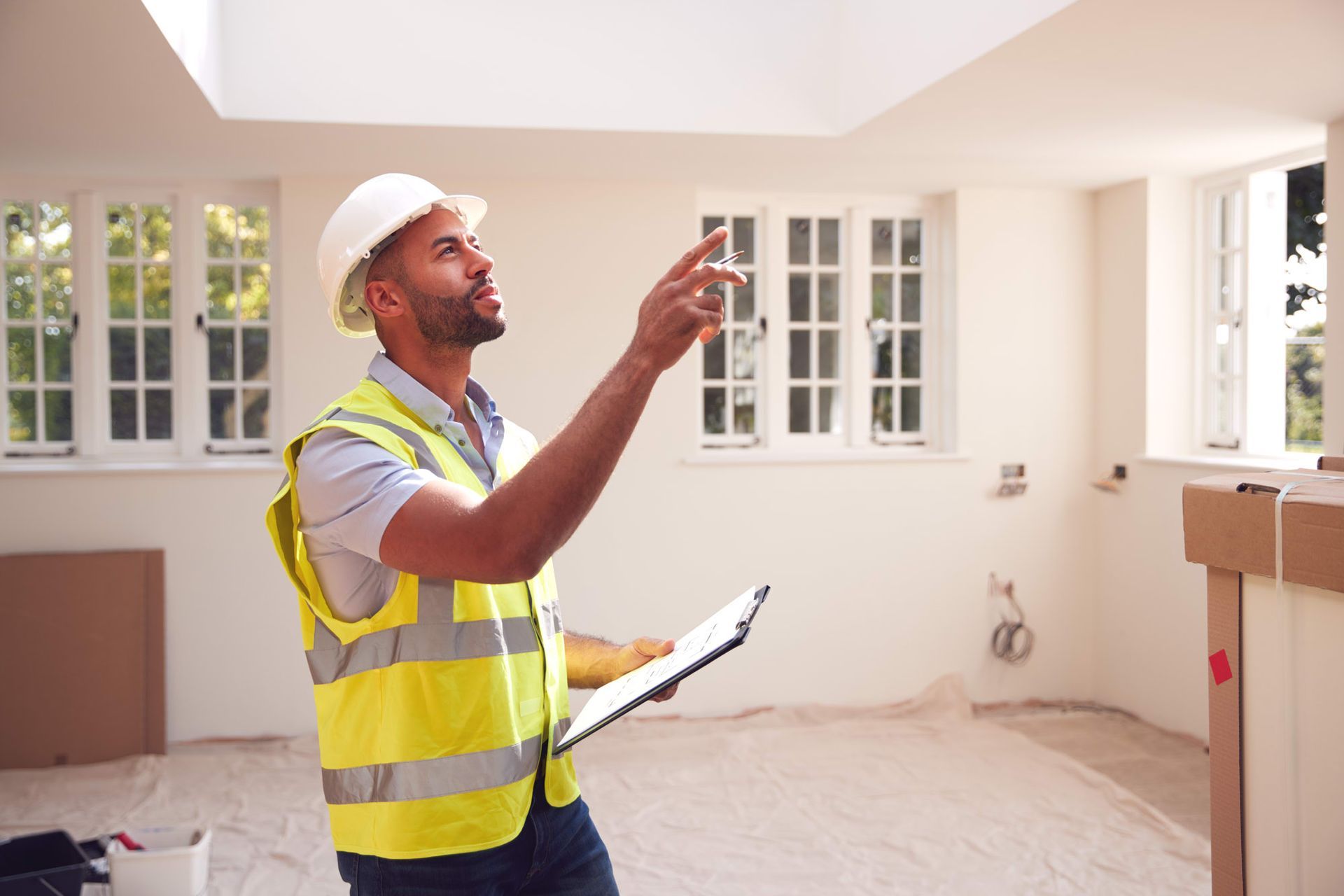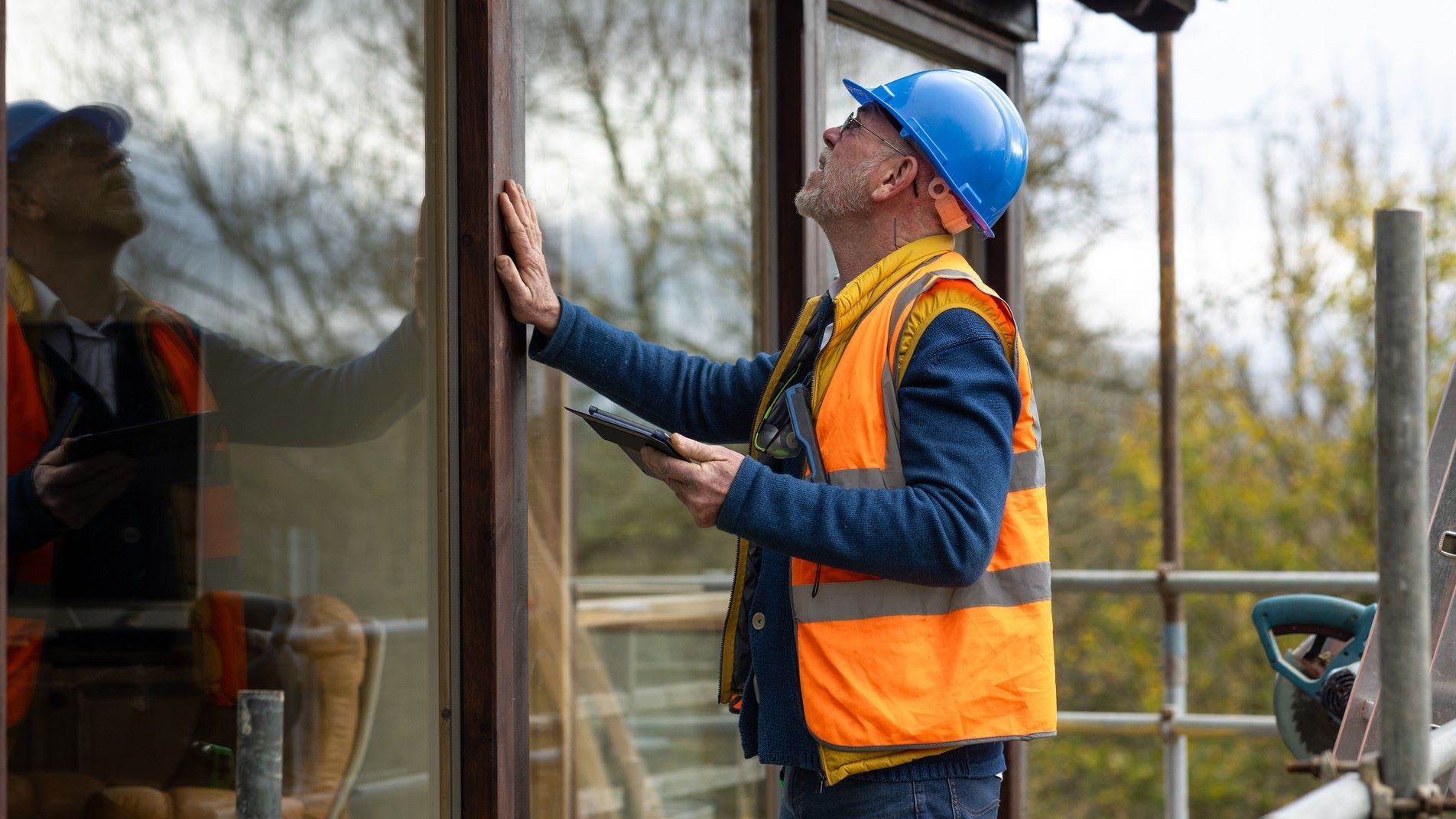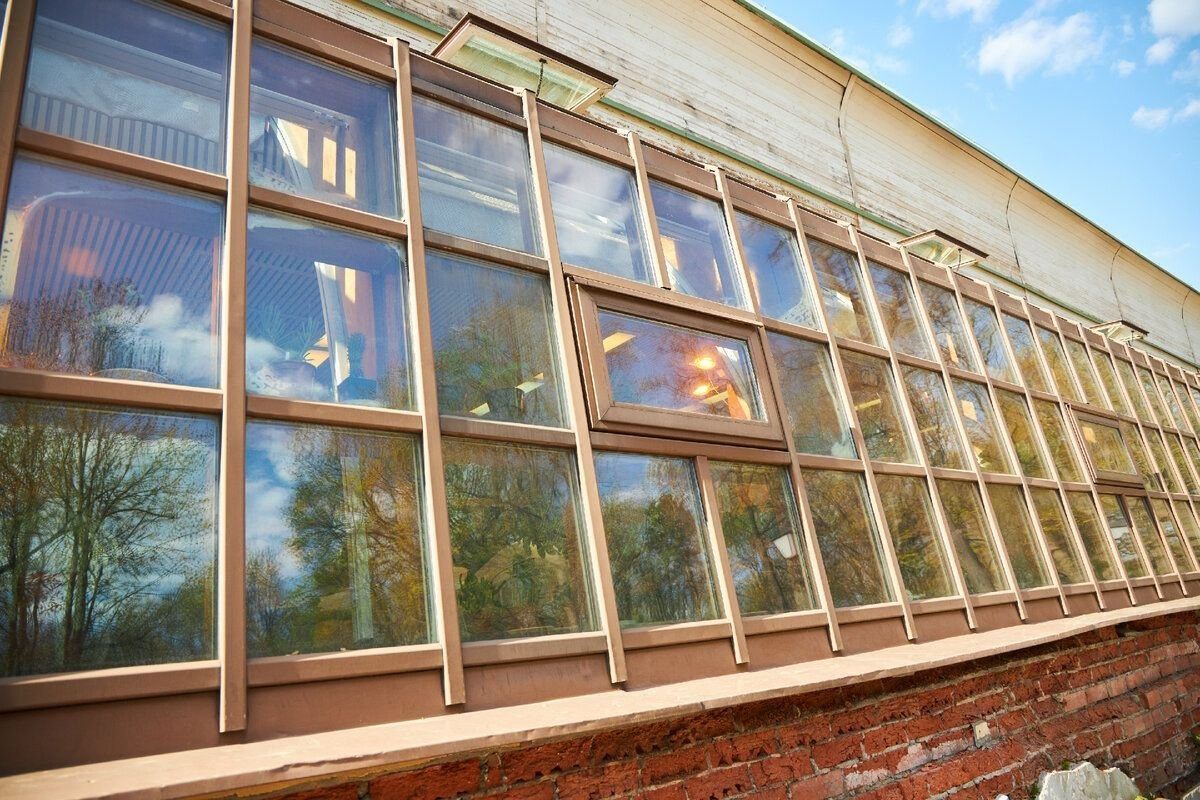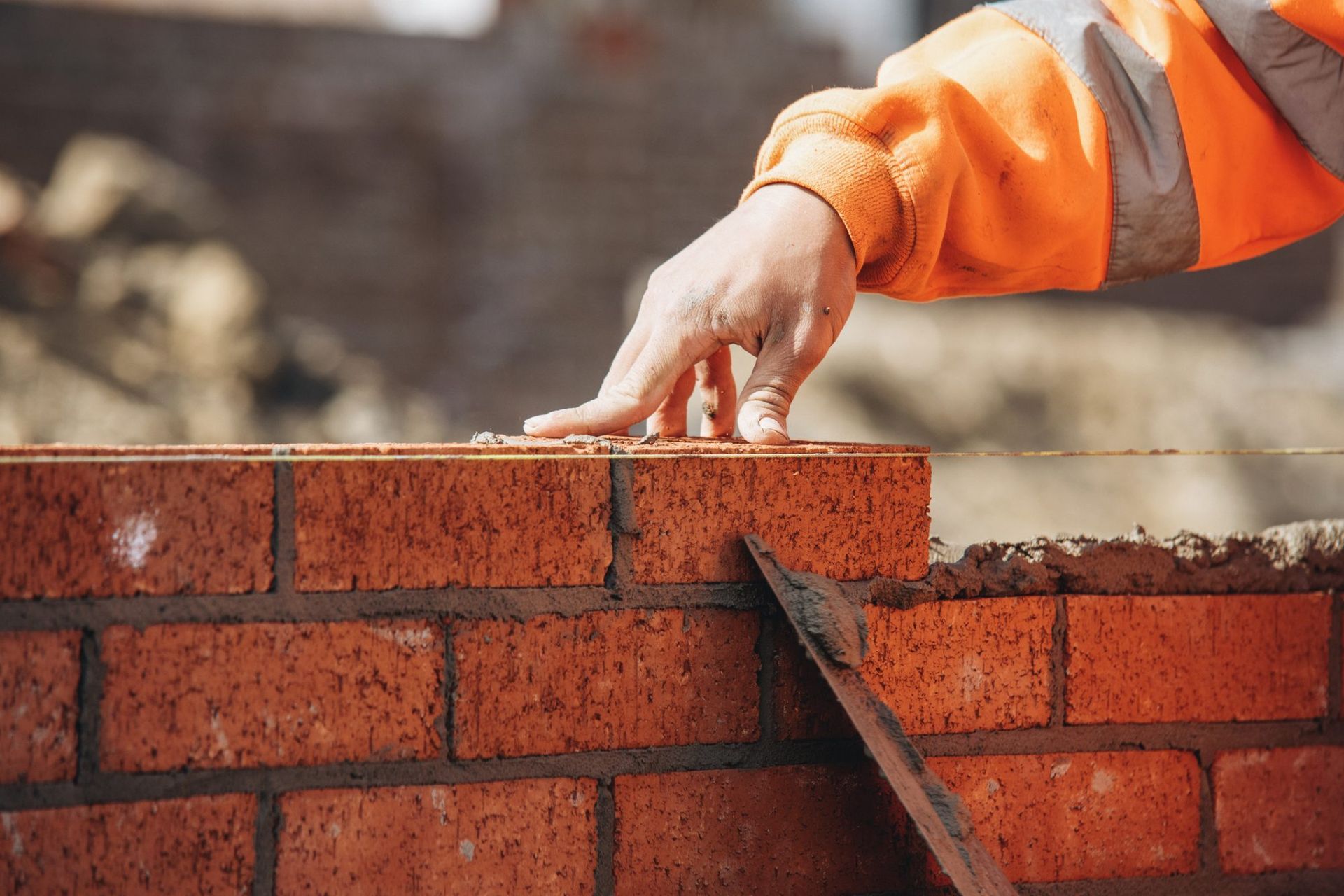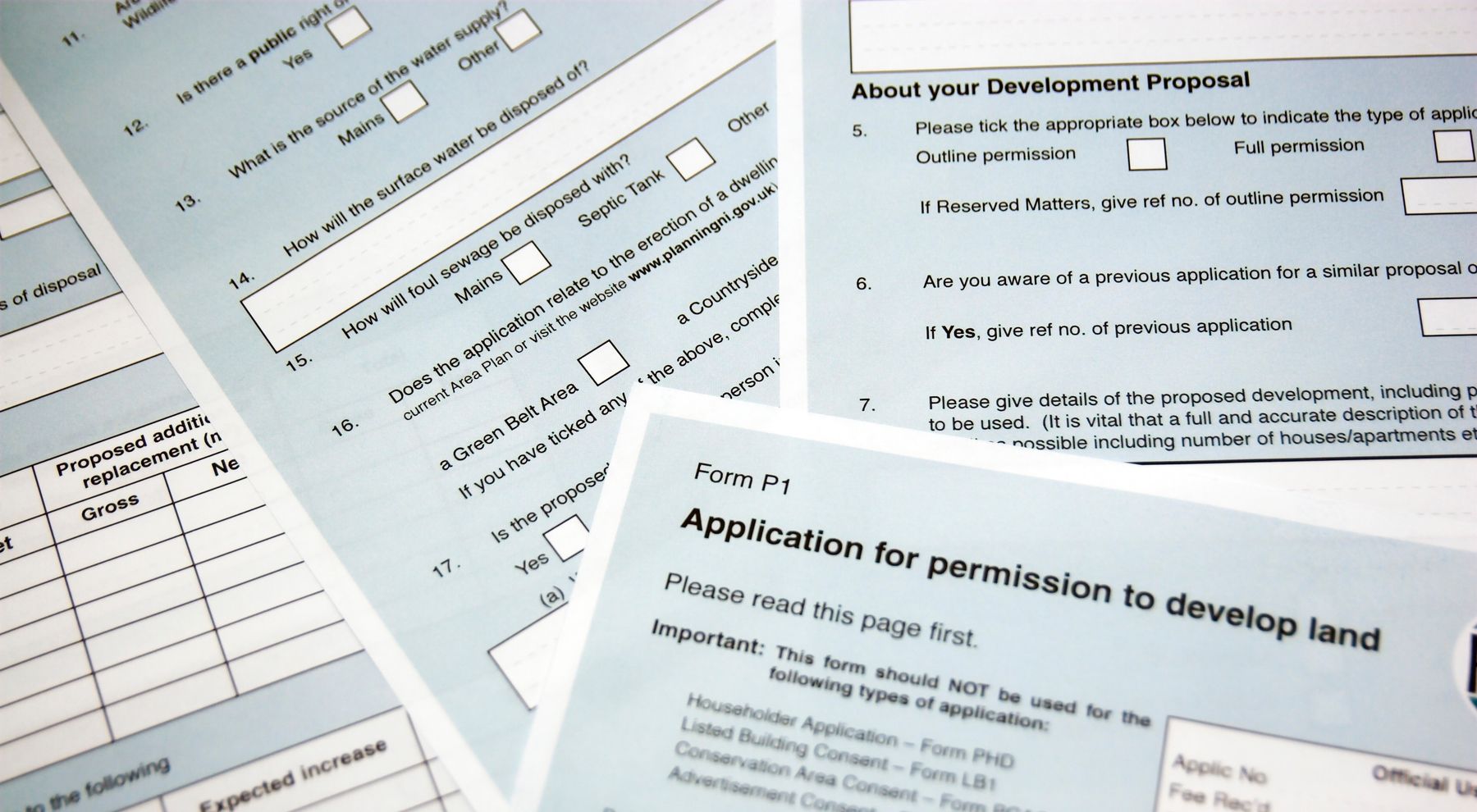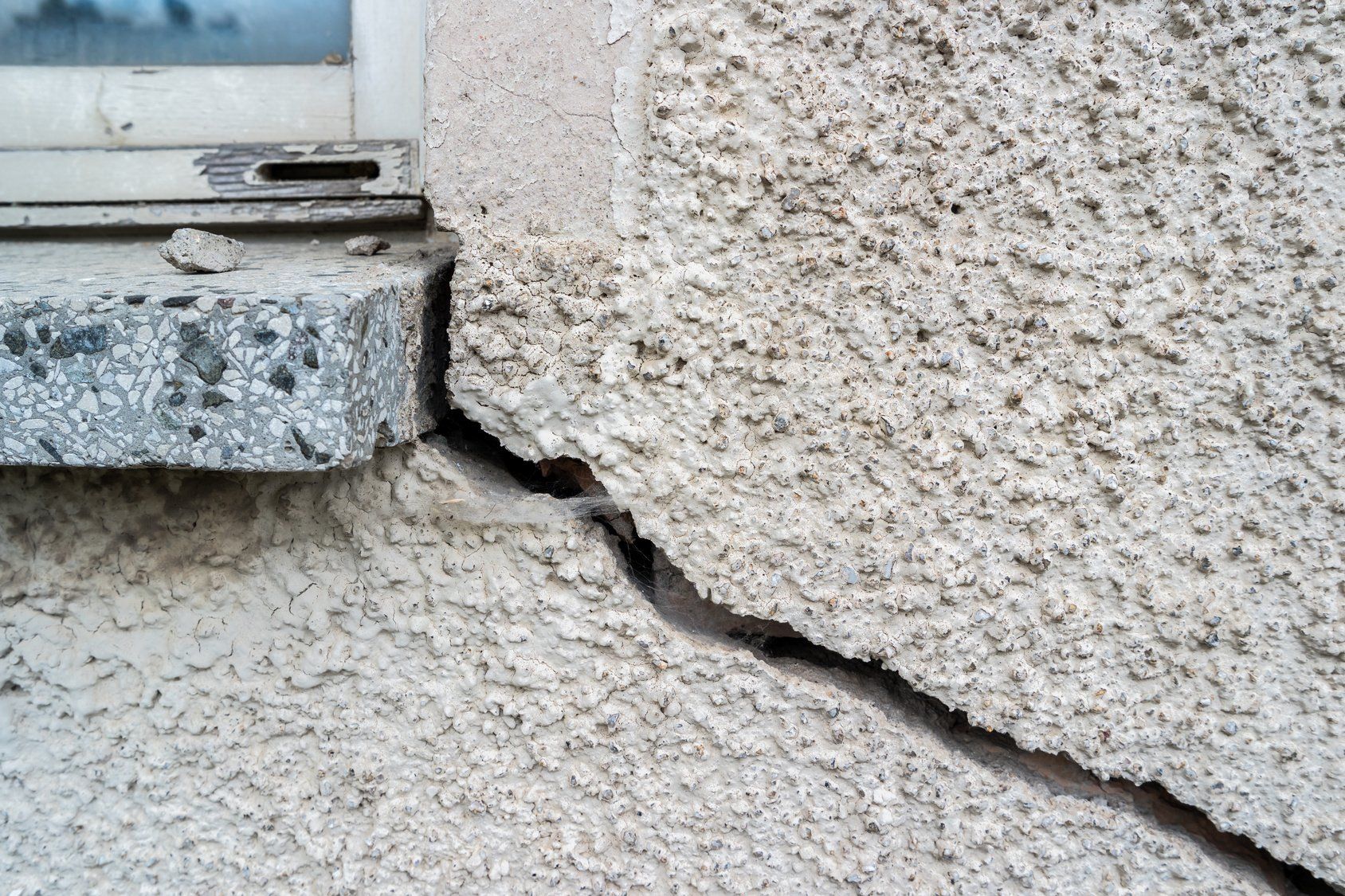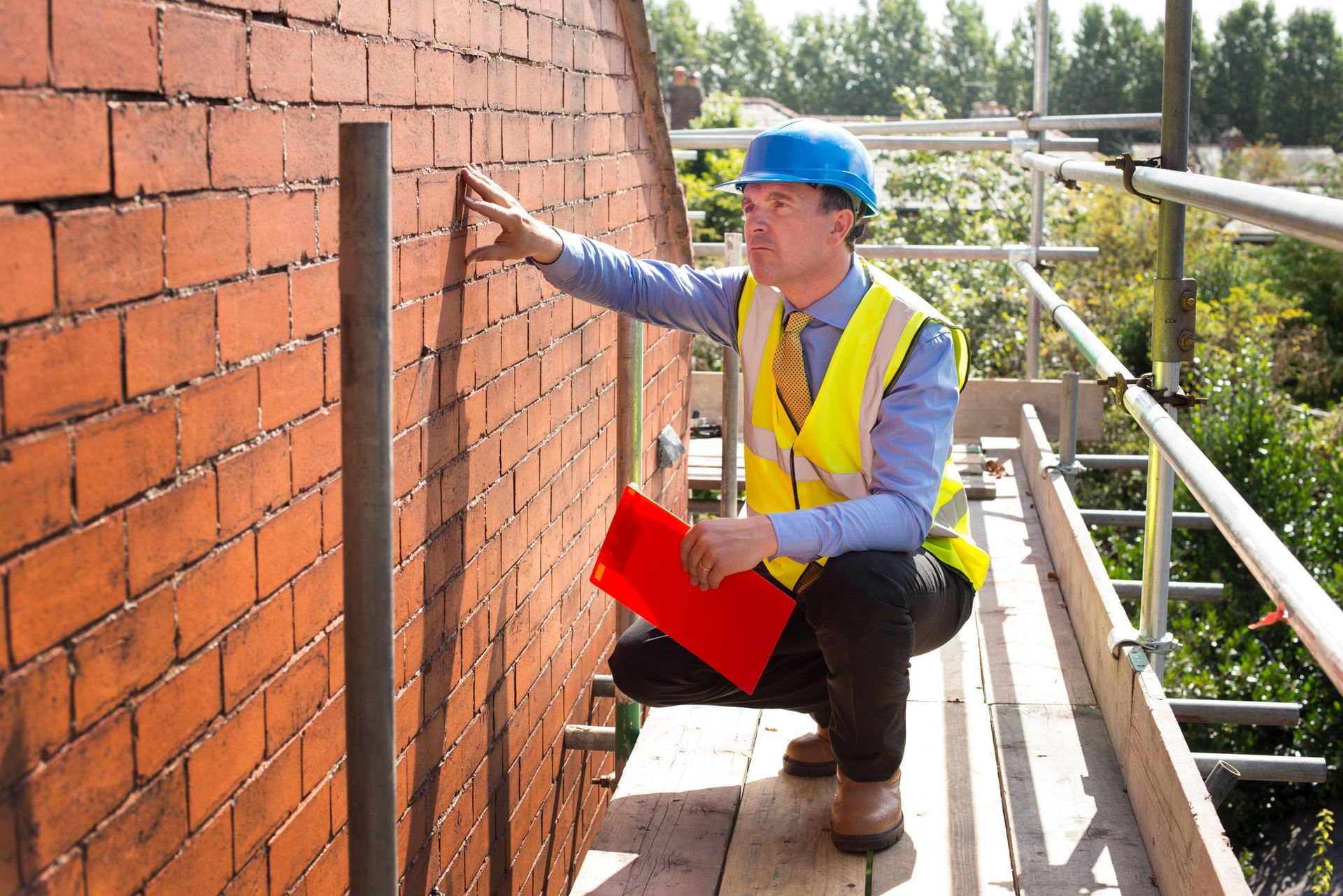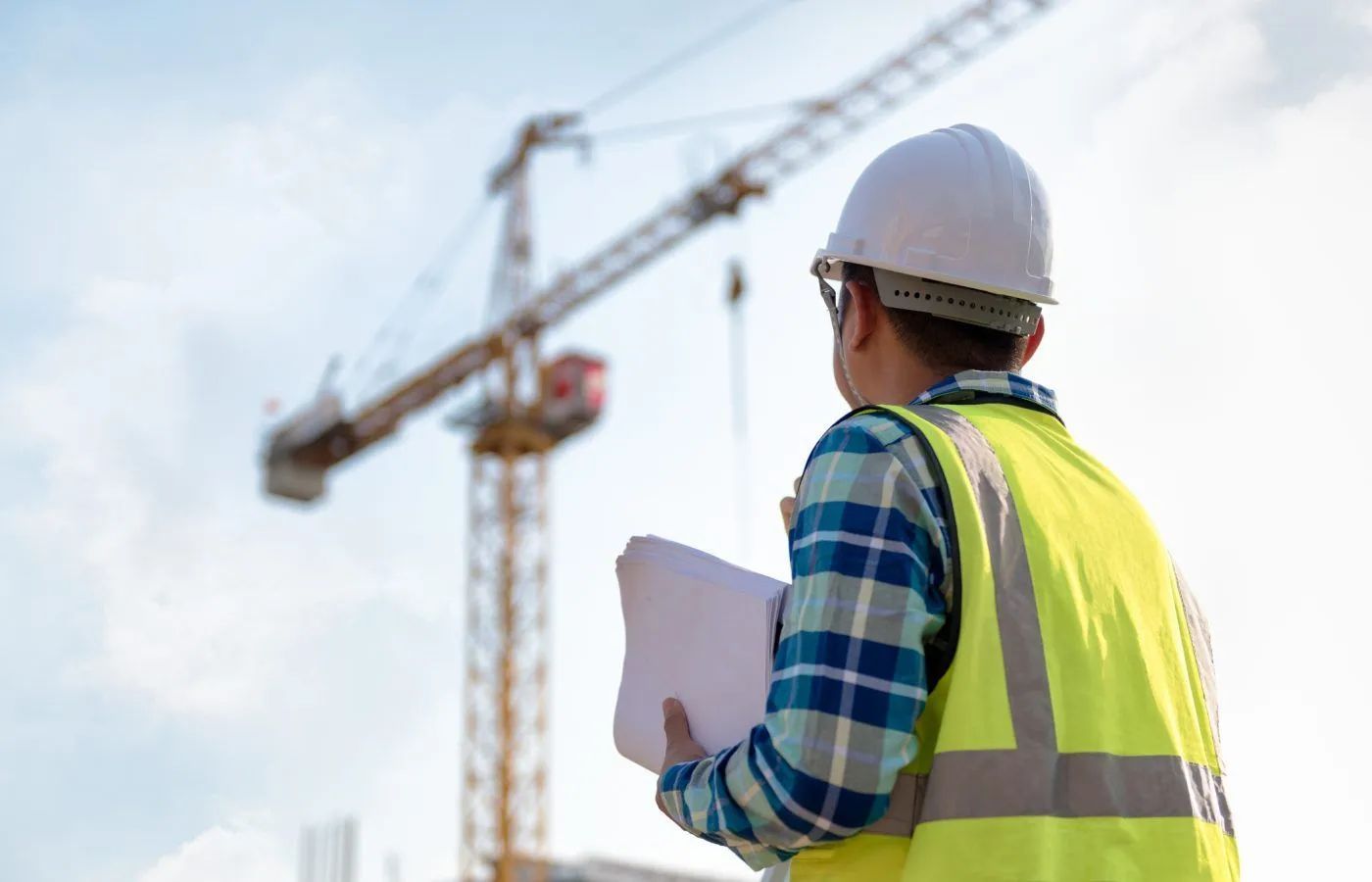From Structural Surveys to Restoring Original Features: A Guide to Buying a Period Property
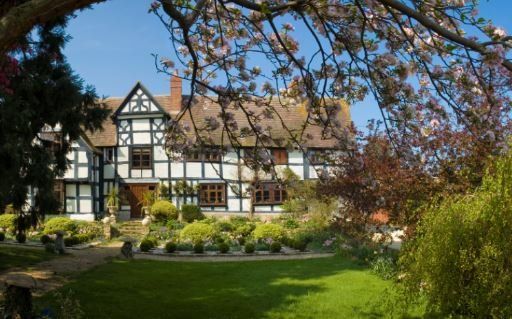
Period properties are beautiful, with bundles of character, charm and elegance, these homes offer a window into a previous century and the way of living that dominated this time. Whether you fancy yourself a beautiful Georgian home or a delightful period cottage, there’s no denying that period properties are attractive to all types of buyers - families, young couples and retiring partners to name a few.
If you’re in love with high ceilings, stunning fireplaces or exposed beams, then a period property could be the perfect investment for you. But, there’s a lot more to consider other than the physical features, in fact, if you’ve never purchased a period property before then you may be unaware of everything you need to know. The debate between modern homes and period properties is ongoing, on the one hand you may be looking for a home that has crisp, modern fixtures but on the other, period properties embody British architecture at it’s finest - and it all comes down to personal preference, budget and your long term plan.
So, what do you need to think about if buying a period property is top of your list? For all you need to know, this blog will provide a detailed guide on buying period property and so you don’t get caught on! Read on to find out more.
What should you think about when buying a period property?
Quite simply, a period property is a building that was built within a specific time period before World War 1 - such as Victorian, Georgia and Tudor. Despite how much time has passed, period properties are still as popular as ever, with Halifax revealing that homes built before 1919 have increased in value by 461 percent - equivalent to £516 a month. Of course, the aesthetic of these properties is a major selling point for buyers, but many people also see them as ‘solid homes’ that were built to a higher quality than modern homes.
Despite their many benefits, when buying a period property there are a lot of things to consider. Here we explain some of the most important factors that are associated with these types of homes.
A structural survey, as the name suggests, is an inspection of the structural condition of a property. Unlike a Homebuyers Report, a Full Structural Survey looks in much more detail at those hard to reach places, outlining any defects in the property, their cause and the urgency of repairs. Here at Simon Levy, our surveys include:
●An assessment of the site in its entirety including boundaries, driveways, gardens and any likely unusual conditions which may adversely affect the property.
●Examination of the local Geological Survey Map and implications of findings.
●A photographic record of the property, illustrating the main rooms and any special features, characteristics or defects where possible.
●A detailed assessment of the accessible main walls.
●An assessment of external plumbing, including gutters, downpipes, soil pipes etc.
●A detailed assessment of accessible chimney stacks and parapets.
●An assessment of external window and door components relevant to the property.
●An assessment of external landscaping, including trees, hedges etc. and their associated risks.
●An in-depth assessment of accessible roof void and loft areas, including roof support timbers and other relevant structures.
Getting a structural survey done can prevent you from running into big or complicated problems further down the line. Always go with a trusted and professional team of surveyors, and the structural survey cost will be money well spent.
How to restore period features
When it comes to period properties, period features are the focal point of the home. Much of the value and attraction of these buildings lie within the features, and failing to restore and renovate these areas properly is one of the classic pitfalls of purchasing a period home. It’s important to get expert advice when it comes to these changes, as hiring inexperienced workmen, using the wrong materials or over modernising the home could have disastrous results.
It’s also important to remember that you may not reach perfection. The trick is to redefine the property, and not change features without good reason. Often, slight imperfections actually add charm to period properties, and altering the building too much could ruin it’s natural, historic beauty.
Additional costs compared to modern homes
Have you come up with a realistic budget for the work you’d like to have done? Having a structural survey is a good place to start for calculating a realistic budget for repairs, and unexpected costs that could crop up during the process. The nature of old buildings means that getting the right materials and finding people with the right experience can be pricey. If you’ve never purchased a period property before, then it can be easy to assume that all repairs will be similar to those in modern homes - this is not the case. Be sensible and go to the experts before making any big decisions that could backfire.
Period properties can also be more prone to damp, woodworm and other similar problems. Most of the time, these issues can be resolved with the right kind or work, however, if this is ot spotted before you purchase the property you could be in for an unexpected bill.
How do you plan on decorating your new home? Do you want to mix modern with traditional? Or, do you want to stay true to the building’s history and go for a more traditional look? Think carefully about your interior choices, as rushing this decision could result in a poorly executed look. When decorating each room, think about the focal point within the space and work around it. If you have beautiful exposed walls - make the most of them. If you have a stunning fireplace then why not update it with some stunning, new tiles?
Pinterest is a great site for getting interior inspiration, simply search the idea you’re looking for and the website will bring up inspiration photos that you can save. Antique furniture, classic prints such as William Morris and the right kind of lighting can revive period properties and maximise space, putting your own stamp on the property while showing off it’s period features.
What are the benefits of buying a period home?
There are many reasons why you may be considering a period property, especially if it’s your first home. Below we explain some of the most common reasons:
● Location - older homes usually find themselves in rural locations, countryside town or quaint areas on the outskirts of the city. There's something special about being in a period property, surrounded by beautiful land. If you’re looking for a home that’s more private, with countryside living, then it could be the right investment for you.
● Space - with many period properties, you can gain maximum space at an affordable cost compared to modern homes. With large gardens, bigger rooms and other additional extras such as a library or basement, this is a major benefit of buying an older home.
Simon Levy: Offering planning permission advice and reliable dilapidation survey
Here at Simon Levy , we work throughout Hertfordshire, Greater London, Essex, Middlesex and other nearby locations, offering professional surveys for domestic and commercial properties. Whether you need a structural engineer survey, help with boundary disputes or dilapidation advice, our expert land surveys are on hand to get the job done. We understand that purchasing a period property is exciting, but it’s important that you have the relevant checks complete. For more information, get in touch today.

